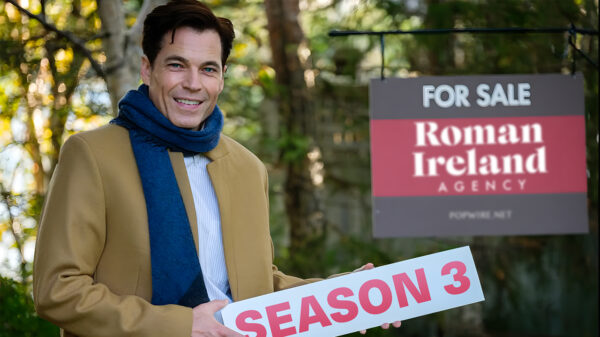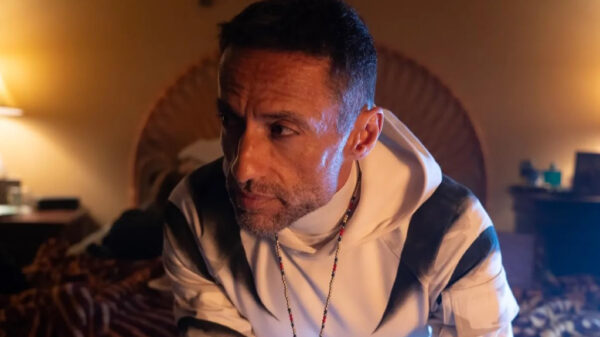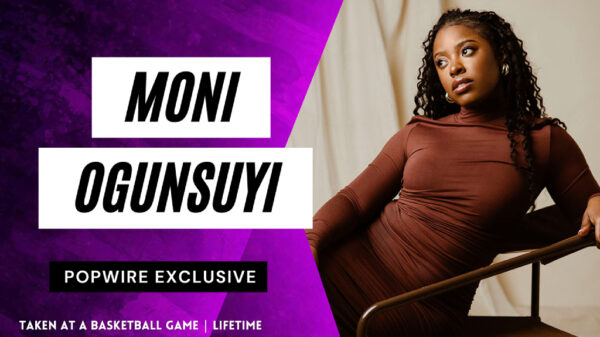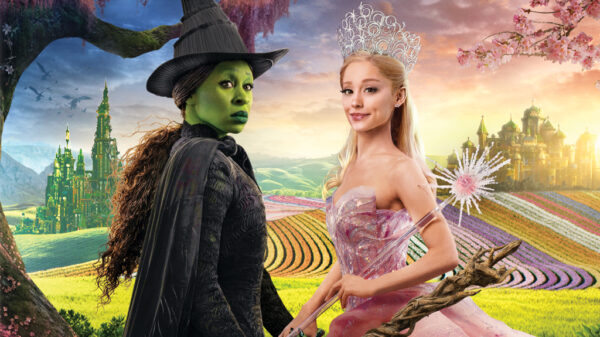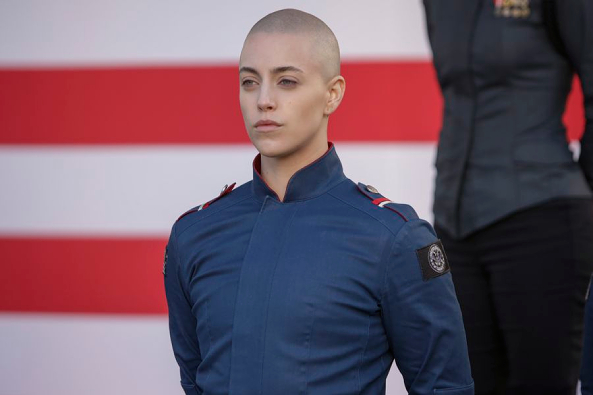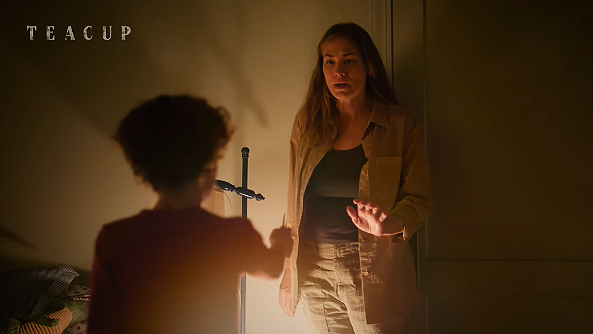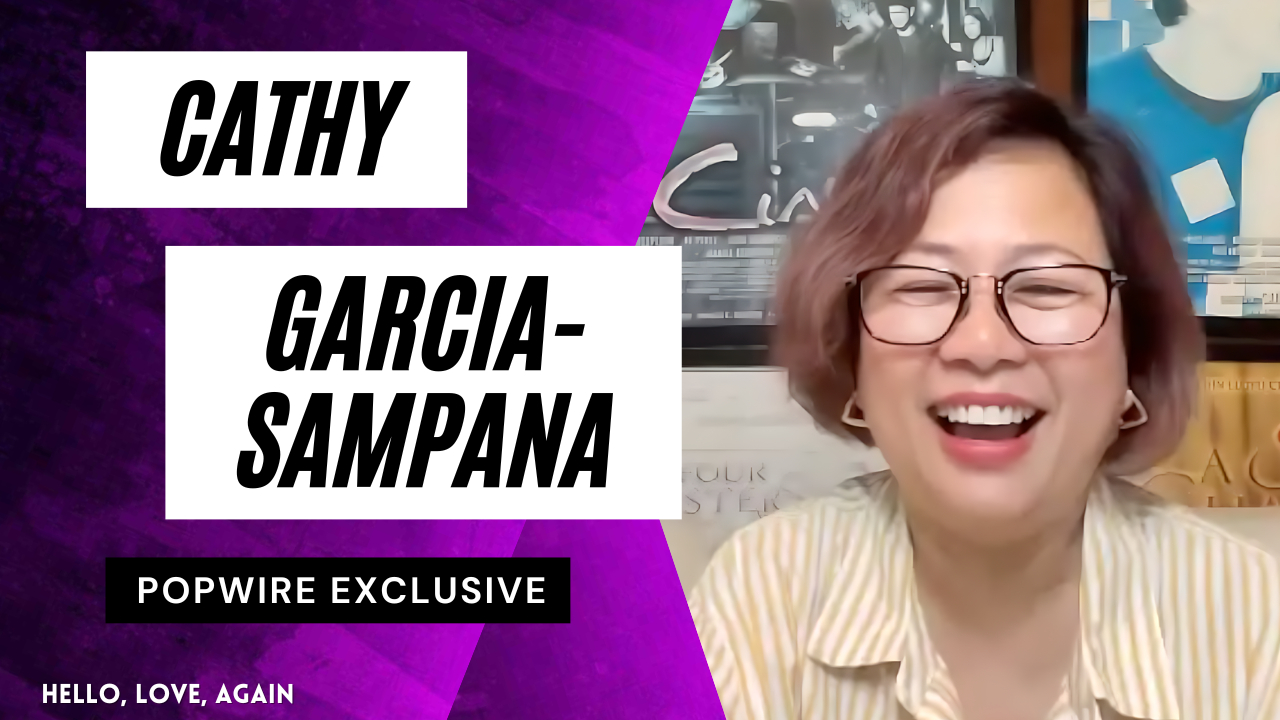In recent years, we have seen an increase in people defining their gender identity as non-binary. According to a study published in 2021 by UCLA’S The Williams Institute, an estimated 1.2 million American adults between the ages of 18 and 60 years old identify as non-binary, making up 11% of the LGBTQIAN+ adult population in the United States. Even as we witness growth of the non-binary community, on-screen representation is slow to catch up.
In February of this year, GLAAD released their “Where We Are on TV” (WWATV) report for the 2021-2022 television season, a study that analyzes the diversity of scripted series regulars and the number of LGBTQIAN+ characters. Across scripted broadcast primetime programming, cable series, and eight streaming services, the 2021-2022 WWATV reports a total of 637 LGBTQIAN+ regular and recurring characters. Of these over 600 characters counted, 25 are non-binary characters, making up approximately 4% of total LGBTQIAN+ characters on our television screens. This is an increase from 1% reported in the report of 2020-2021.
Contributing to the representation of non-binary individuals on mainstream television is Freeform’s Motherland: Fort Salem, a supernatural drama series created by showrunner Eliot Laurence that follows the journey of three young witches newly conscripted to the United States Army. In an exclusive interview with PopWire, Ess Hödlmoser discusses their role as the show’s non-binary character M and the importance of characters like M in media.
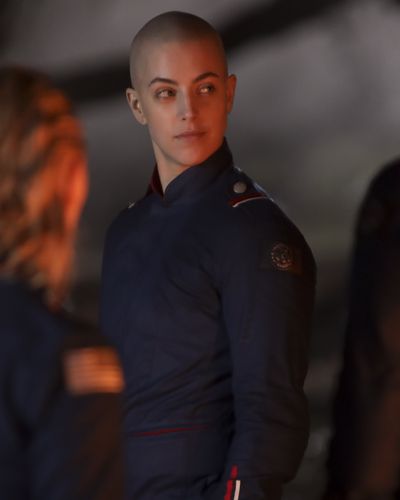 In Motherland: Fort Salem’s sophomore season, M is introduced as Commanding Officer and Sergeant leading the Sekhmet Company in War College to which the show’s protagonists, Abigail Bellweather (Ashley Nicole Williams), Tally Craven (Jessica Sutton), and Raelle Collar (Taylor Hickson) are assigned. “M is this casually confident leader with a very dry sense of humor who takes zero shit, but is very protective of the unit,” says Ess. “I think we see that shining through during those moments where we get to see M onscreen interacting with our beloved unit.” The sergeant quickly became a favorite among fans with their natural charm, witty sarcasm, and exceptional combat skills, but more significantly, their ability to hold the Sekhmet coven and the Bellweather unit together in moments of uncertainty and chaos.
In Motherland: Fort Salem’s sophomore season, M is introduced as Commanding Officer and Sergeant leading the Sekhmet Company in War College to which the show’s protagonists, Abigail Bellweather (Ashley Nicole Williams), Tally Craven (Jessica Sutton), and Raelle Collar (Taylor Hickson) are assigned. “M is this casually confident leader with a very dry sense of humor who takes zero shit, but is very protective of the unit,” says Ess. “I think we see that shining through during those moments where we get to see M onscreen interacting with our beloved unit.” The sergeant quickly became a favorite among fans with their natural charm, witty sarcasm, and exceptional combat skills, but more significantly, their ability to hold the Sekhmet coven and the Bellweather unit together in moments of uncertainty and chaos.
Upon first learning about the addition of M’s character in Laurence’s addictive witch series, Ess was thrilled by the character description because they were “explicitly written as non-binary, and [the Motherland casting director] wanted to cast an actor that identified accordingly.” “It really wasn’t that long ago that there were absolutely zero examples of it anywhere,” Ess explains when asked of the importance of non-binary visibility. “I’m not that old, but when I was growing up there were absolutely zero examples to look at let alone look up to in terms of expansive gender identity.”
For as long as the non-binary community is vastly underrepresented in media, limited visibility on mainstream television can profoundly shape how audiences perceive this community. Show creators who seek to produce authentic non-binary characters must commit to a thoughtful and intentional approach to developing a non-binary character. Ess shared that Motherland: Fort Salem writers and the production team have done just that by including them on elements as critical as character development and on-screen presentation, specifically during the writing and production of Motherland‘s upcoming finale season. Without giving too much away about Season 3, Ess tells us that they were “much more heavily involved in certain conversations about [M] and the direction of certain things in the show.” “It’s been an inclusive process in evolving ways, which… is very positive,” Ess says.
PopWire’s discussion with Ess has set a tone of optimism for a future of television and film in which the non-binary community and other gender-expansive communities are portrayed accurately and in a way that showcases the beautiful diversity that composes these communities. Ess also shared with us insightful suggestions for standards for film and television production that will lay down sturdy framework for further progress in inclusivity and visibility behind the scenes and on the screen. Get the scoop by watching Popwire’s Exclusive Video Interview with Ess Hödlmoser coming soon on our YouTube channel.
Motherland: Fort Salem‘s third and final season is set to premiere June 21st on Freeform. Seasons 1 and 2 can be streamed on Hulu.
Dani grew up on the West Coast in sunny California. With a passion for film and television, she’s always on the hunt for binge-worthy flicks with diversity and positive representation of Womxn, the LGBTQIAN+ community, and other marginalized groups. Favorite genres include supernatural dramas, sci-fi, fantasy, horror and magical realism. Dani’s current favorite shows are Motherland: Fort Salem, Killing Eve, Dickinson, and Euphoria.


